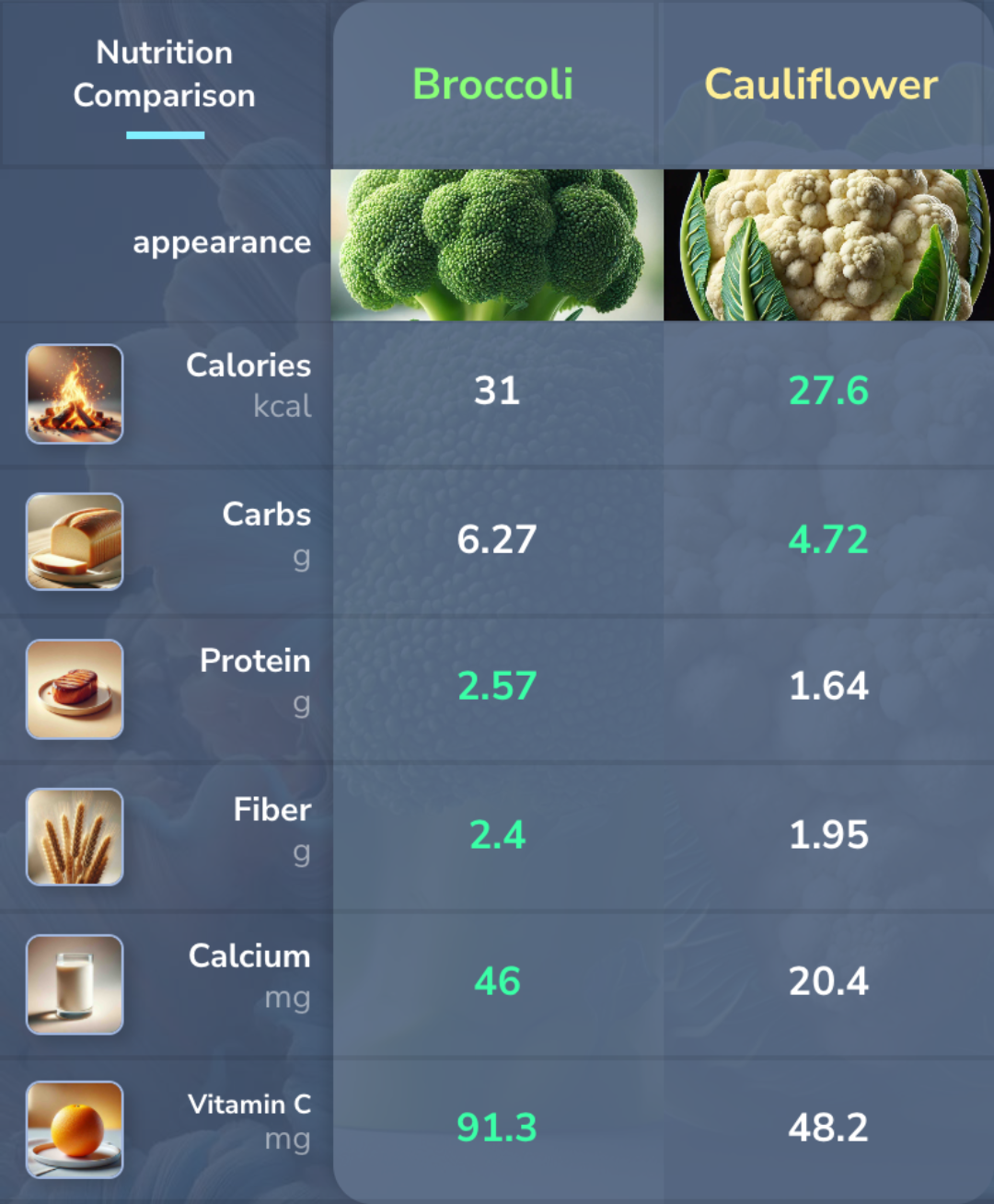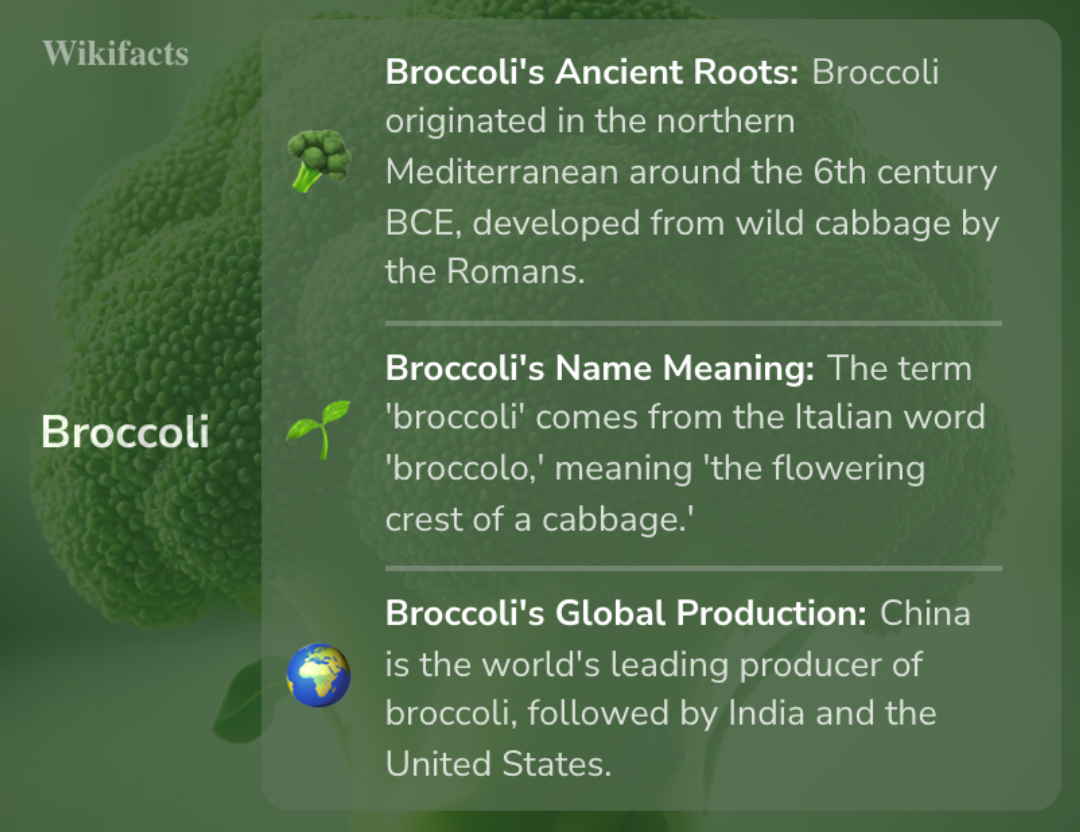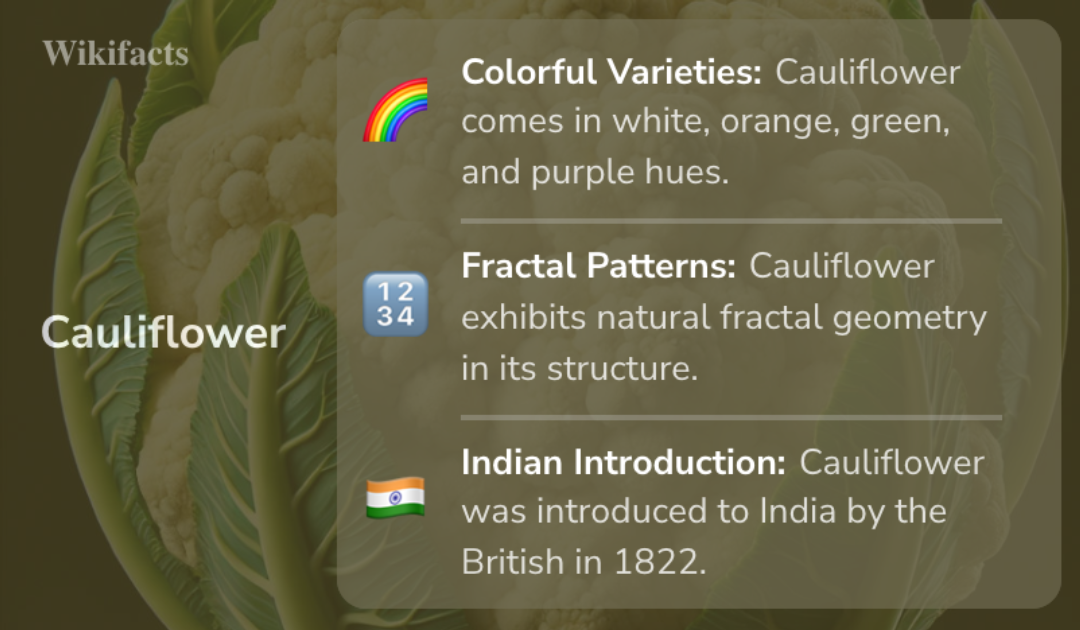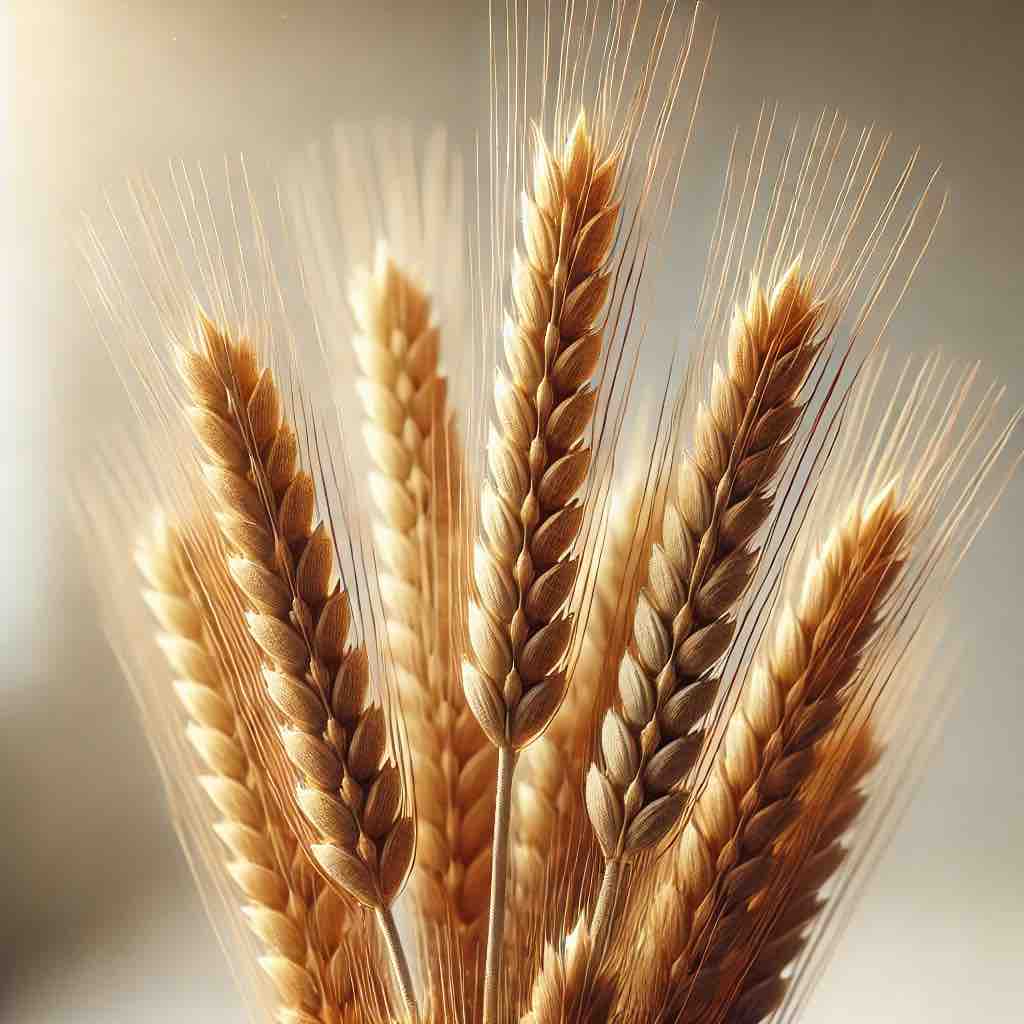Nutrition: Vegetables
Nutrition Comparisons
Broccoli vs. Cauliflower
Broccoli and cauliflower are both nutritious, but broccoli is richer in protein, dietary fiber, calcium, magnesium, potassium, phosphorus, vitamin C, and zinc. Cauliflower has fewer calories and carbohydrates. Both are low in sodium and beneficial for overall health.

Background:Broccoli

top benefits 👍
💪
Broccoli's High Vitamin C:Broccoli provides more than 100% of the recommended daily intake of vitamin C in just one cup.
🧠
Broccoli's Antioxidant Properties:Broccoli contains sulforaphane, a compound with potential anti-cancer properties.
drawbacks 👎
⚖️
Broccoli's Iodine Interference:Consuming large amounts of raw broccoli may interfere with thyroid function due to goitrogens, compounds that can disrupt iodine uptake.
Background:Cauliflower

top benefits 👍
🦠
Cancer-Fighting Compounds:Contains glucosinolates that may help prevent cancer.
🧠
Brain Health Support:Rich in choline, aiding memory and learning.
💪
Bone Strength:Provides vitamin K, essential for bone health.
drawbacks 👎
💨
Digestive Discomfort:May cause gas and bloating in some individuals.

Calories
Cauliflower has slightly fewer calories (27.6 kcal) compared to broccoli (31 kcal), making it marginally better for calorie-conscious diets.

Carbohydrates
Cauliflower has lower carbohydrates (4.72 g) than broccoli (6.27 g), which may make it a better choice for low-carb diets.

Protein
Broccoli has more protein (2.57 g) compared to cauliflower (1.64 g), making it the better option for boosting protein intake.

Dietary Fiber
Broccoli has higher dietary fiber (2.4 g) compared to cauliflower (1.95 g), which can support better digestion and satiety.

Calcium
Broccoli is a richer source of calcium (46 mg) compared to cauliflower (20.4 mg), supporting stronger bones and teeth.